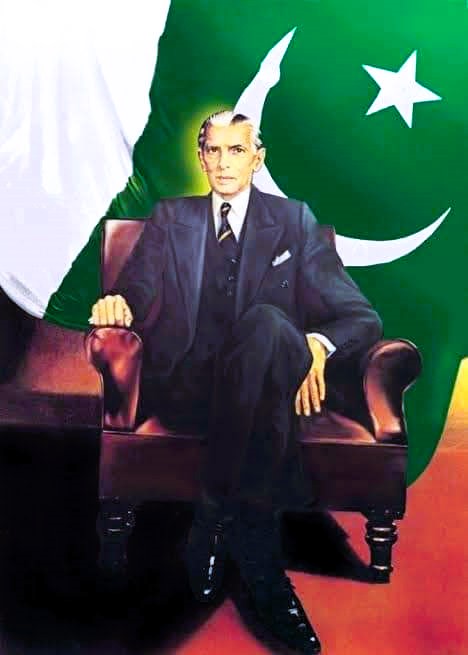What Comes, Will Go. What is found, Will be Lost Again. But What You Are is Beyond Coming and Going and Beyond Description.
Embracing the Impermanence/ Temporariness of Life
A profound quote reminds us that everything in life is transient. “What comes, will go. What is found, will be lost again. But what you are is beyond coming and going and beyond description.” These words encourage us to reevaluate our priorities and focus on what truly matters.

The Impermanence of Material Things
We often get attached to material possessions, relationships, and experiences. However, everything we acquire will eventually be lost. This can be a difficult pill to swallow, but it’s essential to acknowledge the impermanence of these things.
The Enduring Nature of Our True Selves
While everything around us may change, our true essence remains constant. This part of us goes beyond our physical bodies, personalities, and experiences. It’s the spark within us that makes us who we are.
Cultivating Self-Awareness
To tap into our true selves, we need to cultivate self-awareness. This involves looking inward and exploring our thoughts, emotions, and values. Doing so, we can better understand ourselves and what makes us tick.
Embracing the Present Moment
Another way to connect with our true selves is to focus on the present moment. Rather than dwelling on the past or worrying about the future, we can immerse ourselves in the here and now. This allows us to tap into our inner wisdom and live more authentically.
جو آتا ہے، چلا جائے گا۔ جو مل گیا وہ پھر کھو جائے گا۔ لیکن آپ جو ہیں وہ آنے اور جانے سے ماورا ہے اور بیان سے باہر ہے۔
زندگی کی عدم استحکام کو گلے لگانا
ایک گہرا اقتباس ہمیں یاد دلاتا ہے کہ زندگی میں ہر چیز عارضی ہے۔ “جو آتا ہے، چلا جائے گا، جو مل گیا، وہ پھر کھو جائے گا۔ لیکن جو تم ہو وہ آنے اور جانے سے ماورا ہے اور بیان سے باہر ہے۔” یہ الفاظ ہمیں اپنی ترجیحات کا از سر نو جائزہ لینے اور ان چیزوں پر توجہ مرکوز کرنے کی ترغیب دیتے ہیں جو واقعی اہم ہیں۔
مادی چیزوں کی عدم استحکام
ہم اکثر مادی املاک، رشتوں اور تجربات سے منسلک ہو جاتے ہیں۔ تاہم، ہم جو کچھ بھی حاصل کرتے ہیں وہ بالآخر ضائع ہو جائے گا۔ یہ نگلنے کے لیے ایک مشکل گولی ہو سکتی ہے، لیکن ان چیزوں کی عدم استحکام کو تسلیم کرنا ضروری ہے۔
ہمارے حقیقی نفسوں کی پائیدار فطرت
اگرچہ ہمارے آس پاس کی ہر چیز بدل سکتی ہے، لیکن ہمارا اصل جوہر مستقل رہتا ہے۔ یہ ہمارا وہ حصہ ہے جو ہمارے جسمانی جسموں، شخصیتوں اور تجربات سے بالاتر ہے۔ یہ ہمارے اندر کی چنگاری ہے جو ہمیں بناتی ہے کہ ہم کون ہیں۔
خود آگاہی کاشت کرنا
اپنی حقیقی ذات کو جاننے کے لیے، ہمیں خود آگاہی پیدا کرنے کی ضرورت ہے۔ اس میں اندر کی طرف دیکھنا اور ہمارے خیالات، جذبات اور اقدار کو دریافت کرنا شامل ہے۔ ایسا کرنے سے، ہم اپنے بارے میں گہری سمجھ حاصل کر سکتے ہیں اور کیا چیز ہمیں ٹک کرتی ہے۔
موجودہ لمحے کو گلے لگانا
اپنے حقیقی خود سے جڑنے کا دوسرا طریقہ یہ ہے کہ موجودہ لمحے پر توجہ مرکوز کی جائے۔ ماضی پر غور کرنے یا مستقبل کے بارے میں فکر کرنے کے بجائے، ہم اپنے آپ کو یہاں اور ابھی میں غرق کر سکتے ہیں۔ اس سے ہمیں اپنی اندرونی حکمت پر قابو پانے اور زیادہ مستند زندگی گزارنے کی اجازت ملتی ہے۔
Conclusion
The quote reminds us that everything in life is transient, except for our true selves. By embracing this impermanence and cultivating self-awareness, we can connect with our inner essence and live more meaningful lives. Remember, what you are is beyond coming and going, and that’s what truly matters.
نتیجہ
اقتباس ہمیں یاد دلاتا ہے کہ زندگی میں ہر چیز عارضی ہے، سوائے ہمارے حقیقی نفس کے۔ اس عدم استحکام کو اپنانے اور خود آگاہی کو فروغ دینے سے، ہم اپنے اندرونی جوہر سے جڑ سکتے ہیں اور زیادہ بامعنی زندگی گزار سکتے ہیں۔ یاد رکھیں، آپ جو ہیں وہ آنے اور جانے سے ماورا ہے، اور یہی واقعی اہمیت رکھتا ہے۔
Rumi’s works are widely read today in their original language across Greater Iran and the Persian-speaking world.[23][24] His poems have subsequently been translated into many of the world’s languages and transposed into various formats. Rumi has been described as the “most popular poet”,[25] is very popular in Turkey, Azerbaijan and South Asia,[26] and has become the “best-selling poet” in the United States.[27][28]
رومی کی تخلیقات آج بڑے پیمانے پر ایران اور فارسی بولنے والی دنیا میں ان کی اصل زبان میں پڑھی جاتی ہیں۔[23][24] ان کی نظموں کا بعد میں دنیا
کی کئی زبانوں میں ترجمہ کیا گیا اور مختلف شکلوں میں منتقل کیا گیا۔ رومی کو “سب سے زیادہ مقبول شاعر” کے طور پر بیان کیا گیا ھے
ناشتہ 24/25: آپ کا دن کا سب سے اہم کھانا
